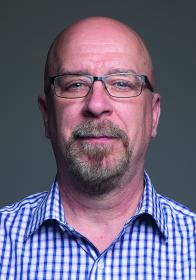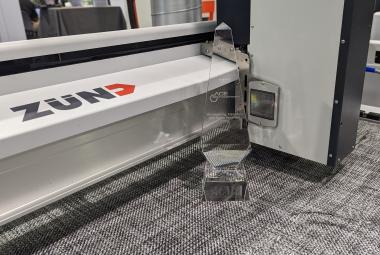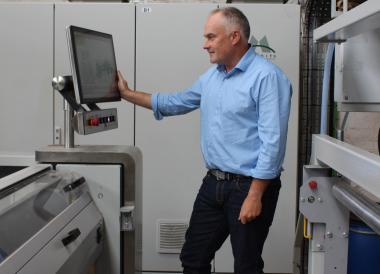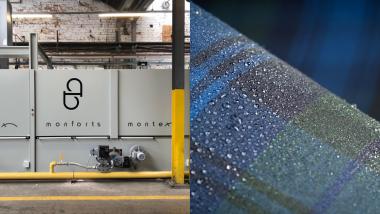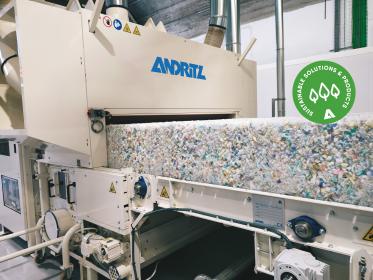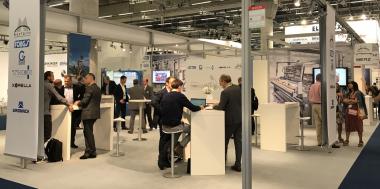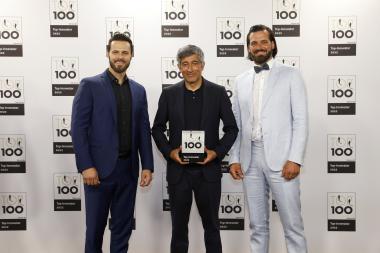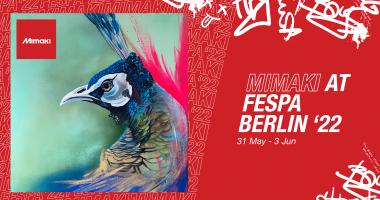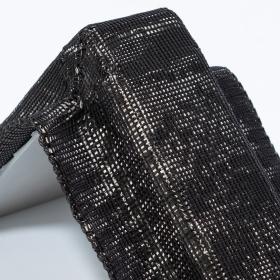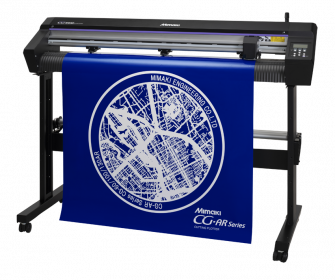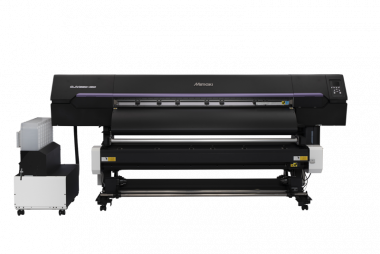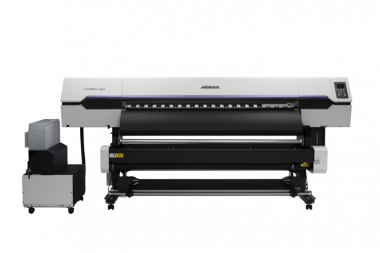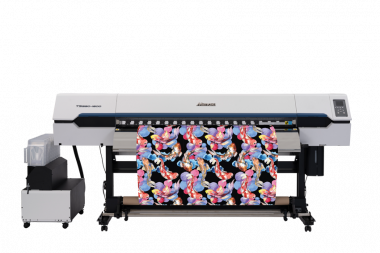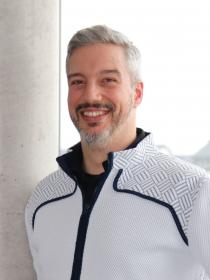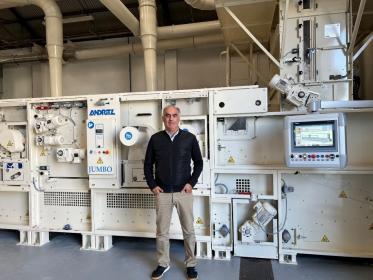Russ Hall new Chief Executive Officer at Montalvo
The Montalvo Corporation, an international industry leader in web tension control products and services based in Gorham Maine, has promoted interim CEO Russ Hall to Chief Executive Officer (CEO).
Hall moves into this new role with over 35 years of business and leadership experience spanning a large variety of previous positions ranging from technical sales and support, customer service, sales management, and executive leadership roles. He has already been involved in and will continue the work of expanding Montalvo’s market share, improving Montalvo’s product line, and strengthening Montalvo’s international presence.
Russ Hall explains: “It truly is an honor for me to move into this role with Montalvo. I look forward to leading one of the strongest teams Montalvo has had in its history which is focused on innovation and achieving our vision of becoming the global leader in Web Tension Control Systems and solutions. We are expanding our reach into new industries, and we are developing new products and solutions that raise expectations in our industry, while at the same time branching out to offer customers complete solutions for their Web Handling needs through in-house capabilities and an impressive group of business partners”.
The Montalvo Corporation


